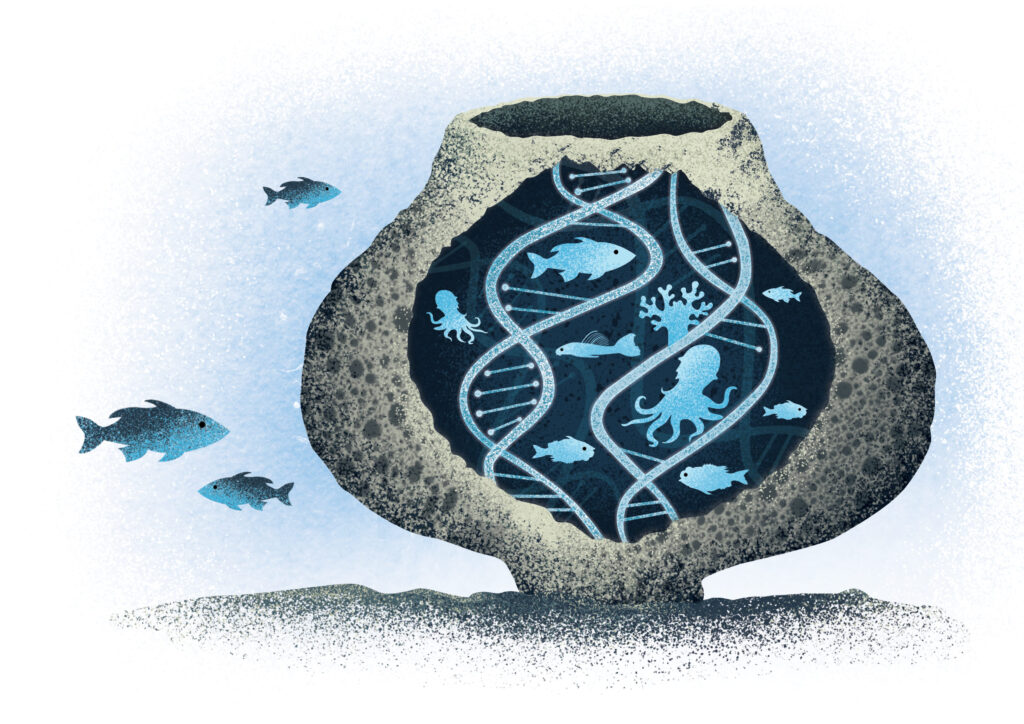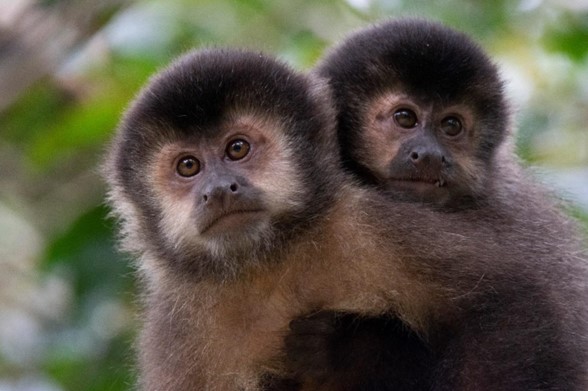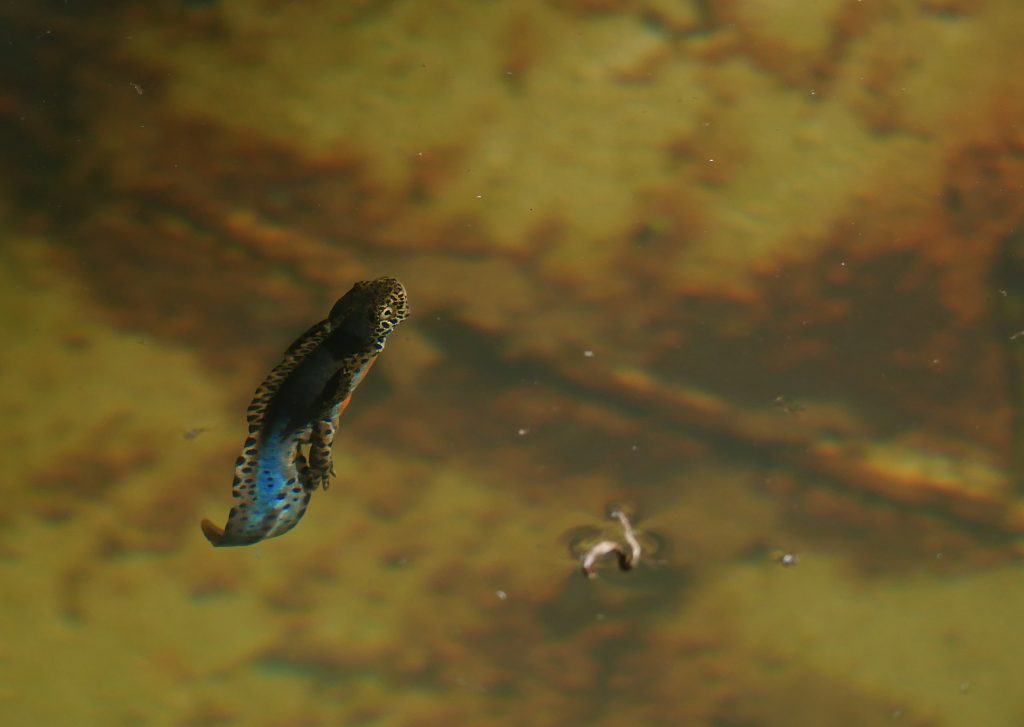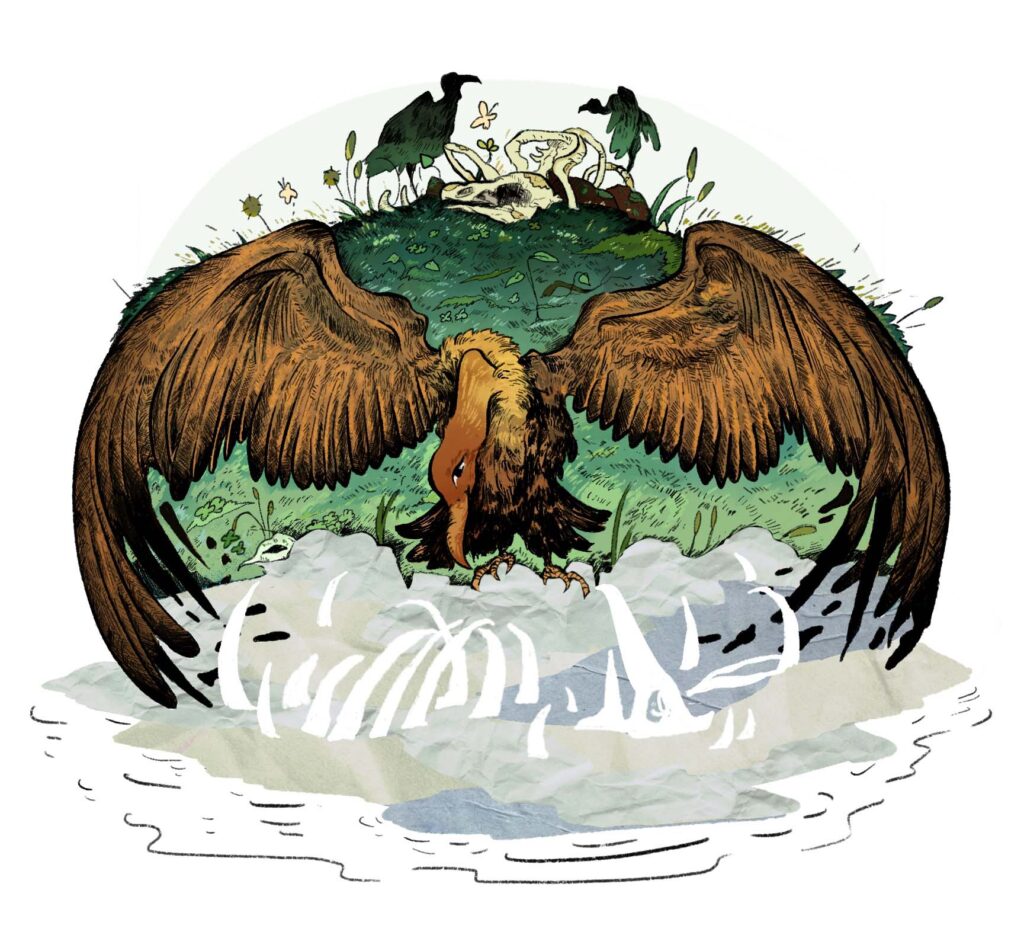
Wildlife tourism is often believed to promote conservation by raising environmental awareness, among the general public, and changing their attitudes and behavior. However, the ability of such experiences to affect tourists’ support for conservation differs from species to species. It might be easier to increase support for flagship species such as elephants, through wildlife tourism, but it is also important to understand how it affects conservation of other species such as sharks.
Sharks are often viewed negatively, because they can be dangerous to humans. As a result, even though the decline in global shark populations is of significant conservation concern, it has been difficult to gain public support for shark conservation. However, over the past decade, this public perception has begun to change. More and more people are becoming interested in knowing about threats to global shark populations and challenges to their conservation. Consequently, the shark tourism industry is experiencing a rapid growth.
In 2018, Apps et al. conducted a study to see if shark tourism encouraged pro-conservation behaviour towards sharks. This included talking positively about sharks, donating money for their conservation, and being a member of shark conservation organizations. The authors based their study in Neptune Island, South Australia, where white shark cage-dive tours have been conducted, since the late 1970s. Through an online survey of tourists, they found that it was not the educational and knowledge component of the tour that increased shark conservation behaviour amongst the tourists. Rather, it was their emotional engagement with sharks during the experience that prompted pro-conservation behaviour towards these animals. After the tour, the respondents commonly experienced feelings of excitement, fascination and admiration for the species. These feelings established an emotional connection between the tourists and the sharks, which can lead to increase in empathy and concern for the species.
Based on the findings, the study suggests employing informational programs in association with tourism, so that they emotionally engage participants by reinforcing their sense of excitement, fascination and admiration for sharks. At the same time, it also suggests presenting tourists with a list of practical actions that they can take to contribute to the conservation of this species. Together, this can enhance the conservation potential of the tourism experience.
Further Reading
Apps, K., Dimmock, K., & Huveneers, C. (2018). Turning wildlife experiences into conservation action: Can white shark cage-dive tourism influence conservation behaviour? 88, 108–115. https://doi.org/10.1016/j.marpol.2017.11.024





